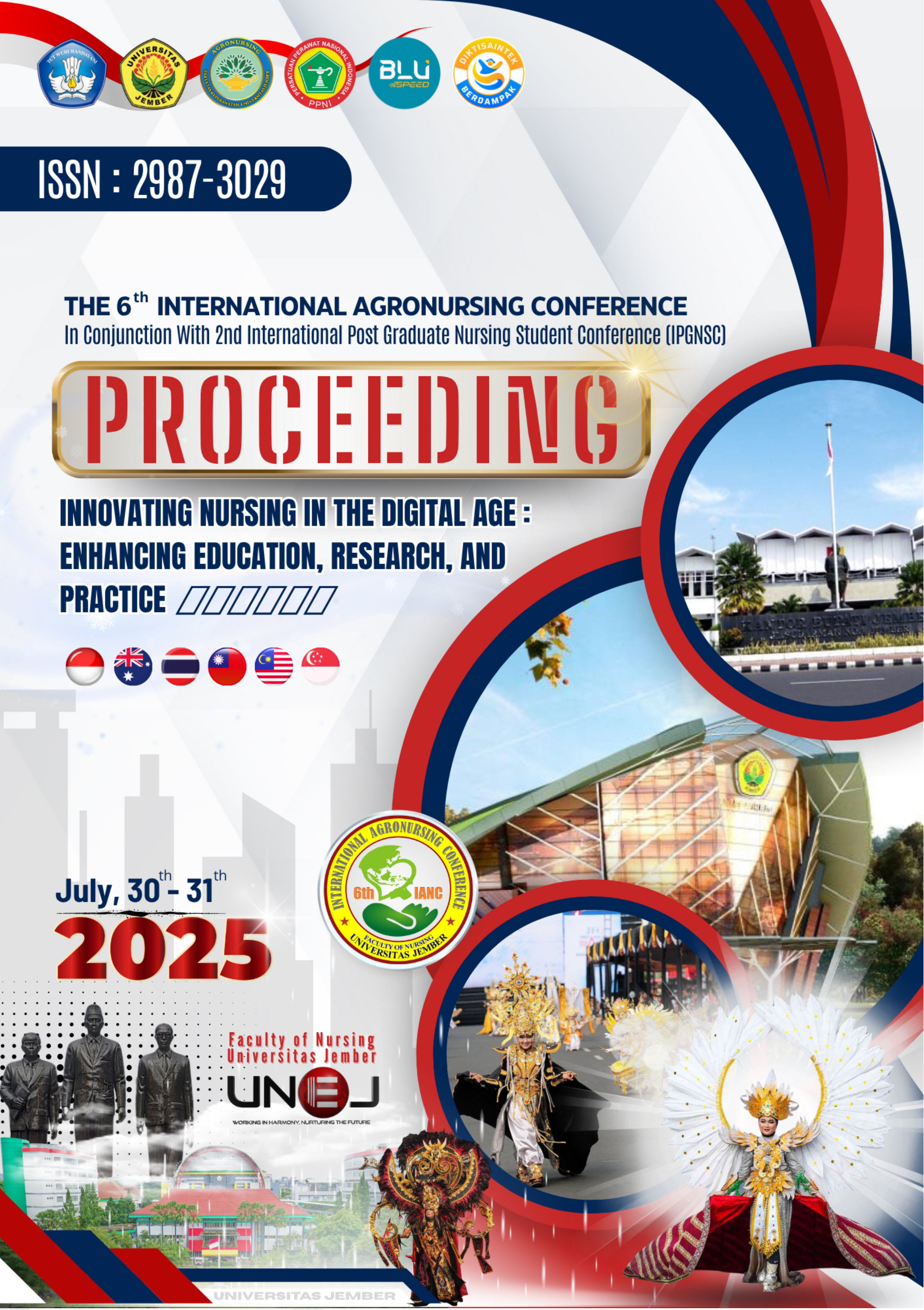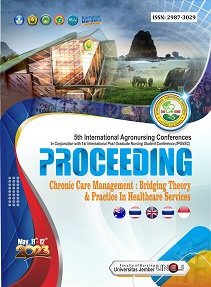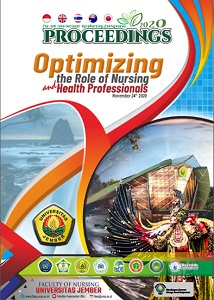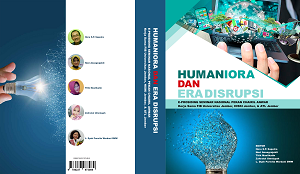POTENTIAL PREVENTION TOWARD VACCINATION ERROR: LEARNING FROM THE COVID-19 OUTBREAK
Abstract
Background: During the COVID-19 pandemic, vaccination became a crucial tool to control the spread of the virus and mitigate its impact on public health. However, large-scale vaccination efforts often lead to vaccination errors. This study aimed to explore strategies for preventing these errors by examining vaccination error events during the COVID-19 vaccination campaign. Methods: This study employed a two-stage approach. The first stage utilized a descriptive quantitative methodology, while the second stage involved a traditional literature review. A total of 134 participants were selected through purposive sampling from the COVID-19 vaccination teams at hospitals and public health centers in Jember, Indonesia. A questionnaire was designed to investigate vaccination errors. The literature review was conducted using electronic databases. Results: Errors were identified at every stage of the vaccination process, although none of the errors exceeded 50% in frequency. The distribution of errors was as follows: 35.82% of errors occurred during the registration stage, 23.88% during the screening stage, 20.15% at the injection stage, and 38.06% at the recording stage. Based on these findings, the study identified seven key focus areas for preventing vaccination errors: (1) training and education, (2) patient engagement and trust, (3) operational efficiency, (4) safety culture, (5) technology integration, (6) workforce management, and (7) policy and accessibility. Conclusion: This study offers valuable insights into the prevalence of vaccination errors at different stages of the COVID-19 vaccination process. Policymakers and health officers can leverage these findings to strengthen vaccination programs and improve preparedness for future vaccination efforts.








